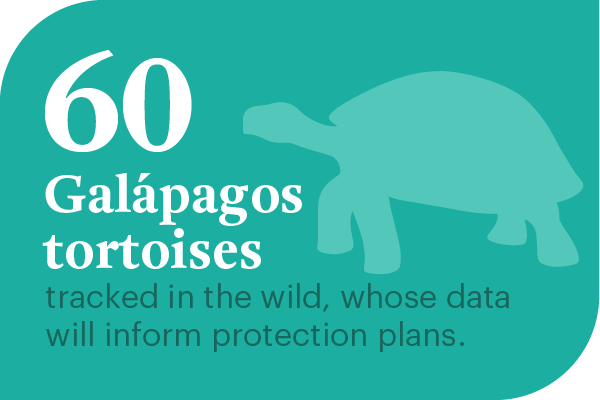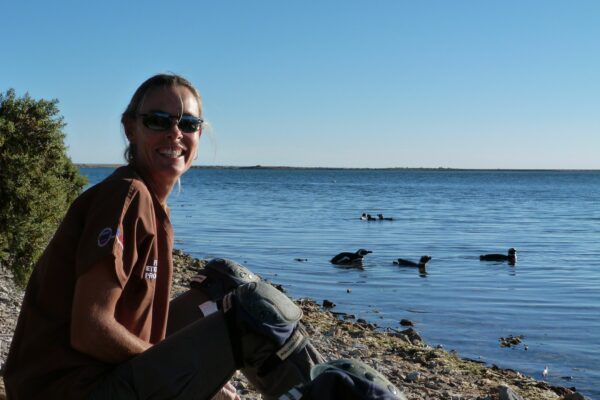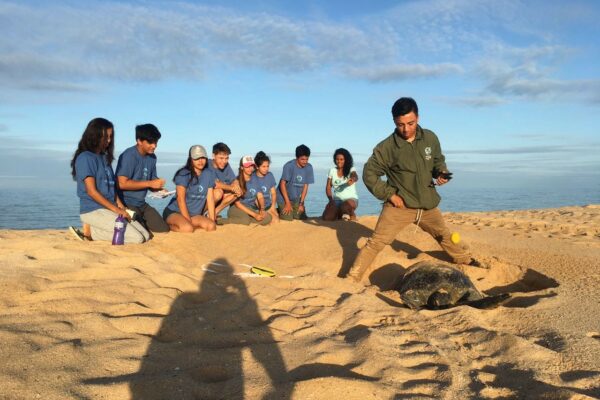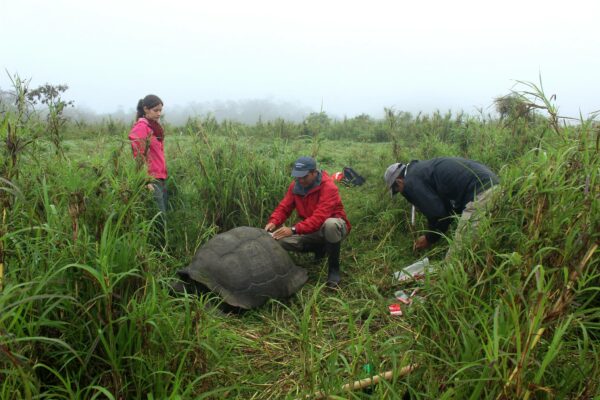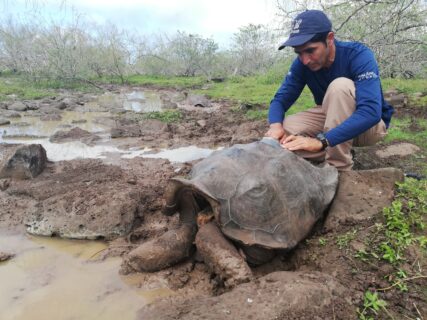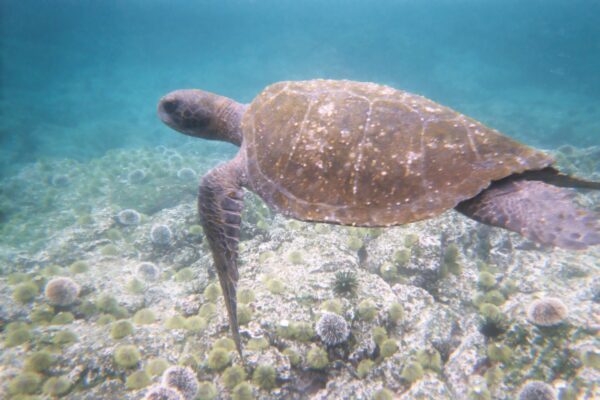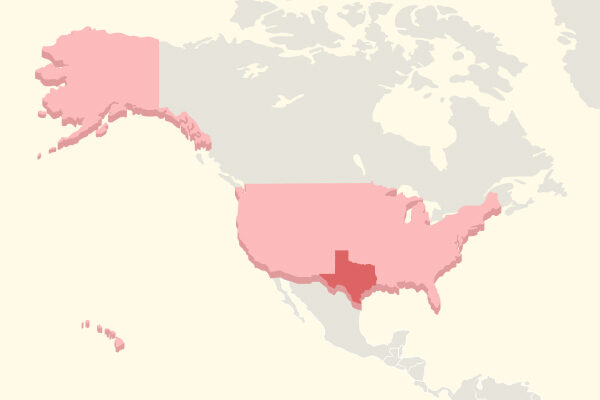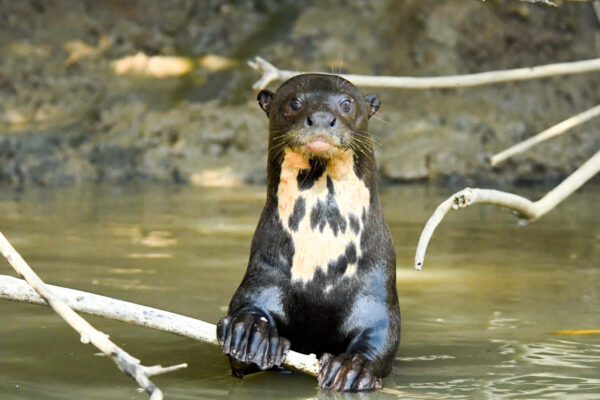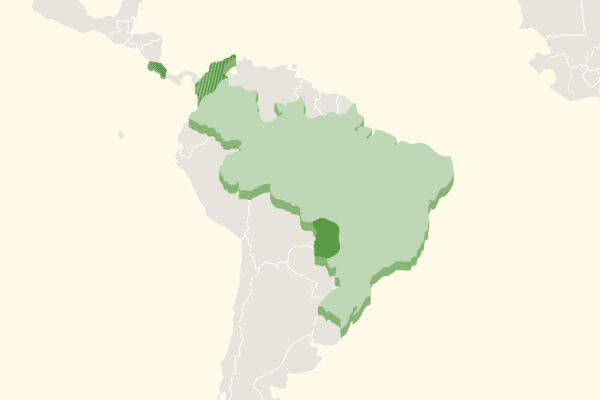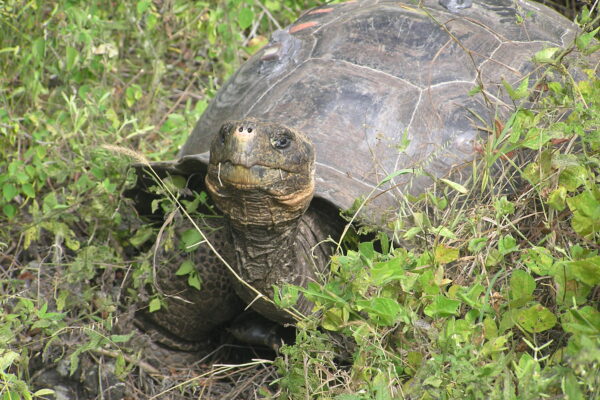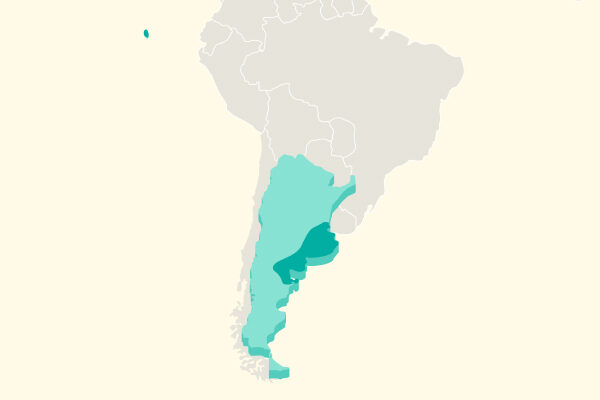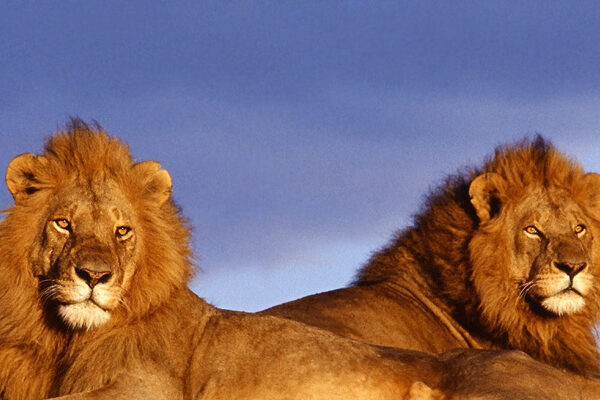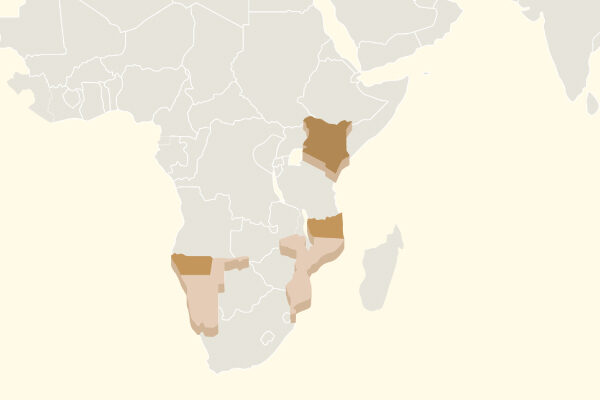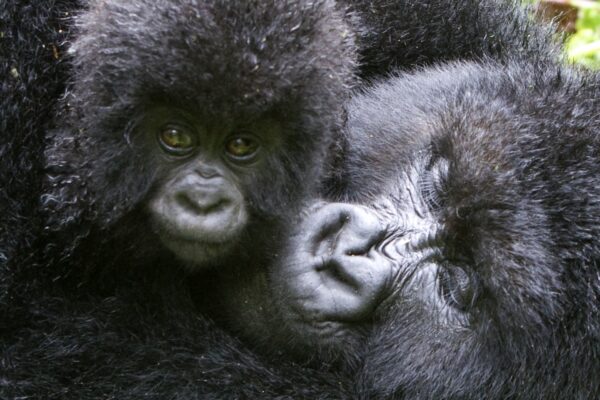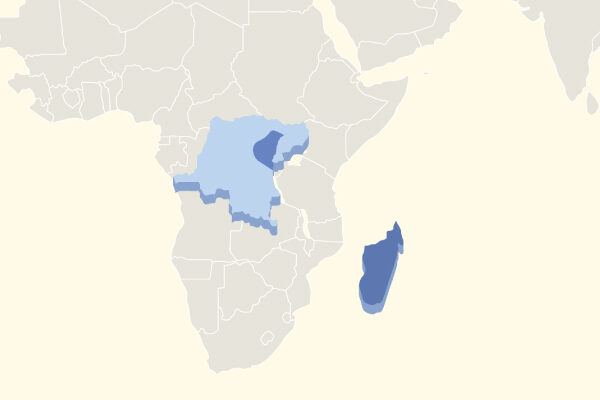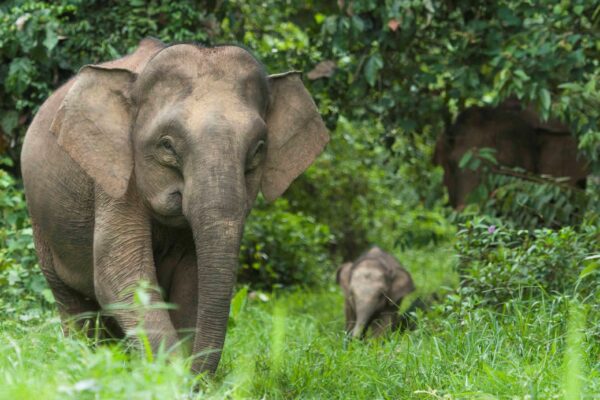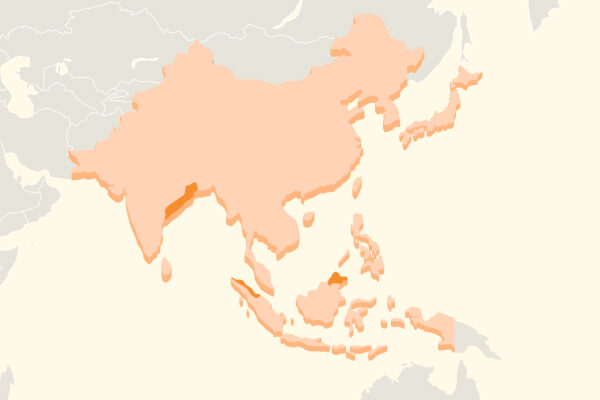ECOS Foundation – Galápagos has developed and implemented educational programs to actively engage the Galápagos community in local wildlife conservation and environmental issues. Every year, hundreds of students and members of the community participate in immersive experiences with nature and science. ECOS alumni develop as conservation leaders in Galápagos. These youth facilitate and lead community-based conservation action and awareness programs such as, beach clean-ups, wildlife threat reduction campaigns, festivals and field trips, while collaborating with local and international scientists.
ECOS programs provide local Galapagueño students an opportunity to engage in critical conservation efforts in their own backyard. By assisting scientists and protecting Galápagos wildlife, ECOS inspires students to preserve these islands long into the future.
The Houston’s Zoo’s teenager program, Zoo Crew and ECOS’s Galapagueño teenagers have spent time together virtually and in person. The Zoo Crew teens conduct virtual sharing opportunities with ECOS and have visited Galápagos to spend time with ECOS teens. Galápagos and Houston teens empower one another and exchange wildlife-saving ideas and activities.
The Zoo provides support and training for ECOS’s Galapagueño staff and youth conservation leadership and action programs. The following are a few of the programs:
- Research and protection of green sea turtles – In collaboration with the Galápagos National Park, this program strengthens the student’s conservation leadership skills through hands-on activities, while engaging community members in helping to protect sea turtle nests from Santa Cruz Island and Isabela Island. The students assist with sea turtle data collection and analysis.
- Trash reduction campaigns – Students collaborate with international Litter Scientists, a group of researchers from Chile who lead a citizen science program educating and empowering Latin American youth to take action on litter problems. Students are empowered to provide plastic reduction solutions for the local community.
- Wildlife-safe road campaign – Students lead a campaign that aims to increase awareness among drivers on Santa Cruse Island about the problem of bird collisions. They offer drivers solutions to reduce bird collisions.
- Invasive species removal – Students collaborate with other local environmental organizations to remove foreign plant species (species not native to area).
